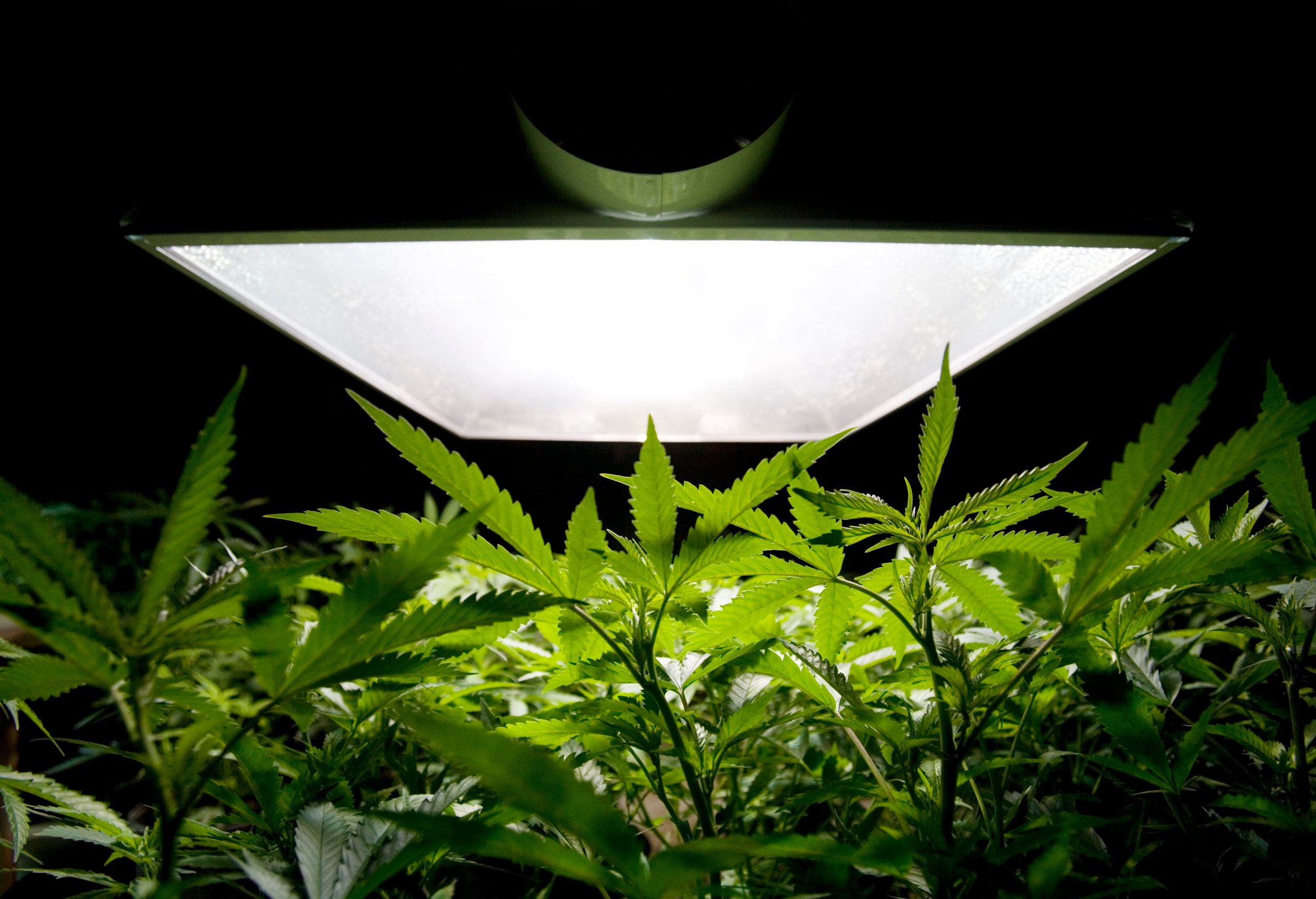
A Colorado state panel set up to review the health effects of marijuana warned citizens Monday about the dangers of using the drug during pregnancy, while driving and during adolescence and young adulthood.
The report, which was commissioned by the state legislature to clarify sometimes contradictory health information about marijuana, also found preliminary evidence to suggest that legalization in the state had resulted in increased hospitalizations, emergency room visits and poison center calls possibly related to marijuana.
“The committee’s work represents one of the first and most comprehensive reviews to assess the strength of credible scientific literature available today regarding marijuana use,” said Dr. Larry Wolk, the executive director and chief medical officer at the Colorado Department of Public Health and Environment.
For years, a lack of scientific research and distrust of the federal government’s historic rhetoric on marijuana led to conflicting ideas about the drug’s negative health effects among users. In the 1930s, Harry Anslinger, the first commissioner of the U.S. Federal Bureau of Narcotics, warned Americans that the drug increased criminality. “Some people will fly into a delirious rage, and they are temporarily irresponsible and may commit violent crimes,” he said in congressional hearing. “Other people will laugh uncontrollably. It is impossible to say what the effect will be on any individual.”
Go Inside the Harvest of Colorado's Most Controversial Marijuana Strain
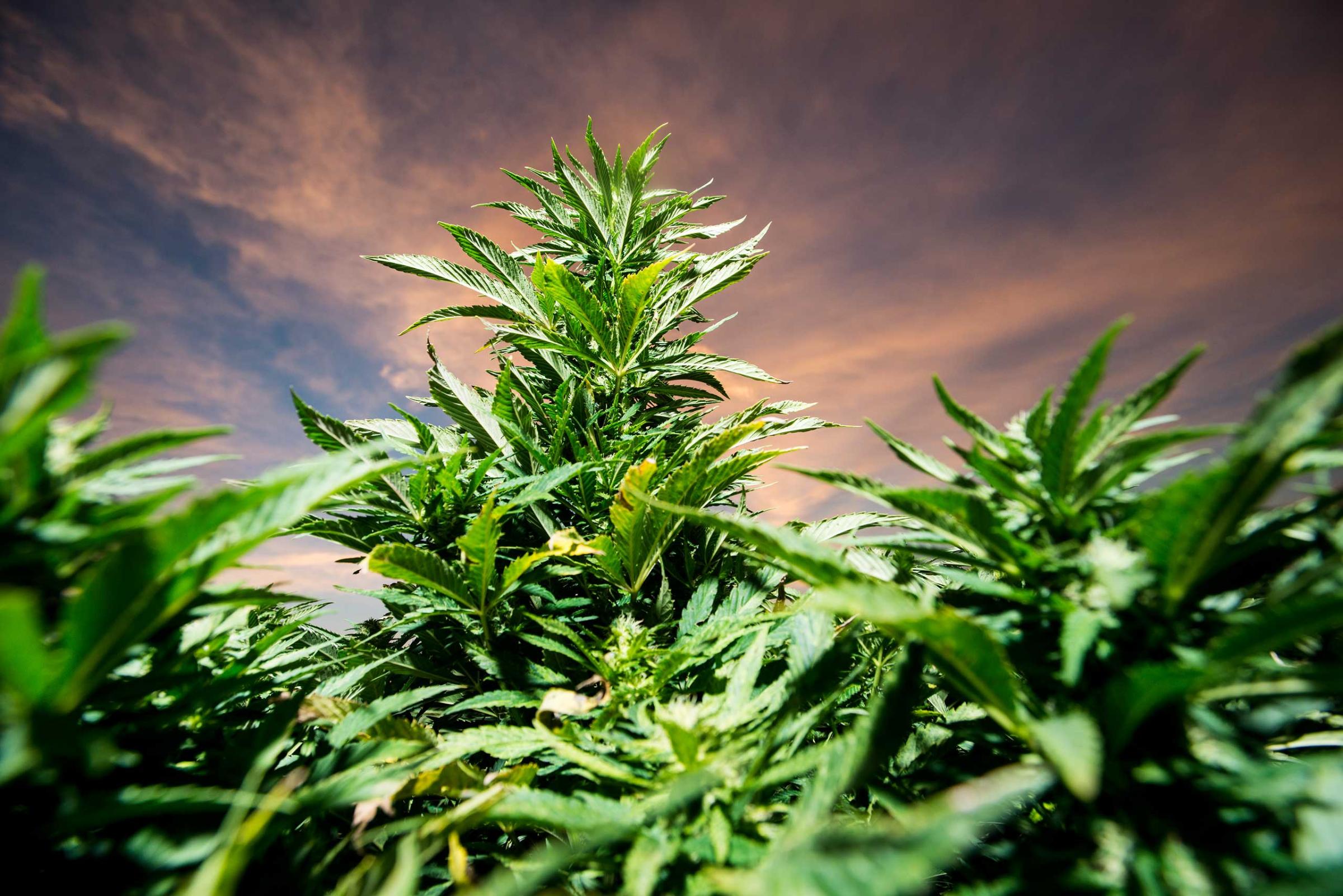










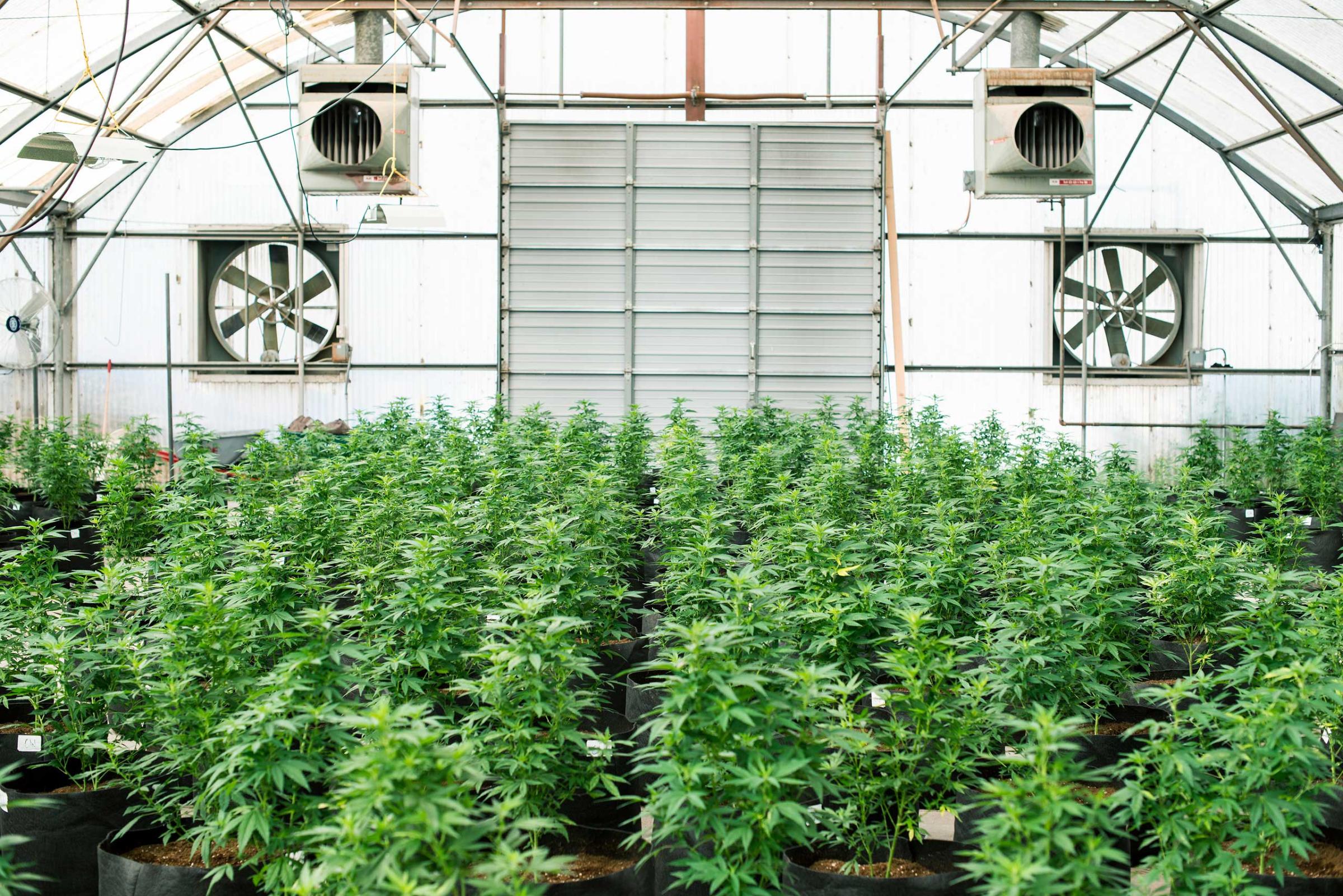


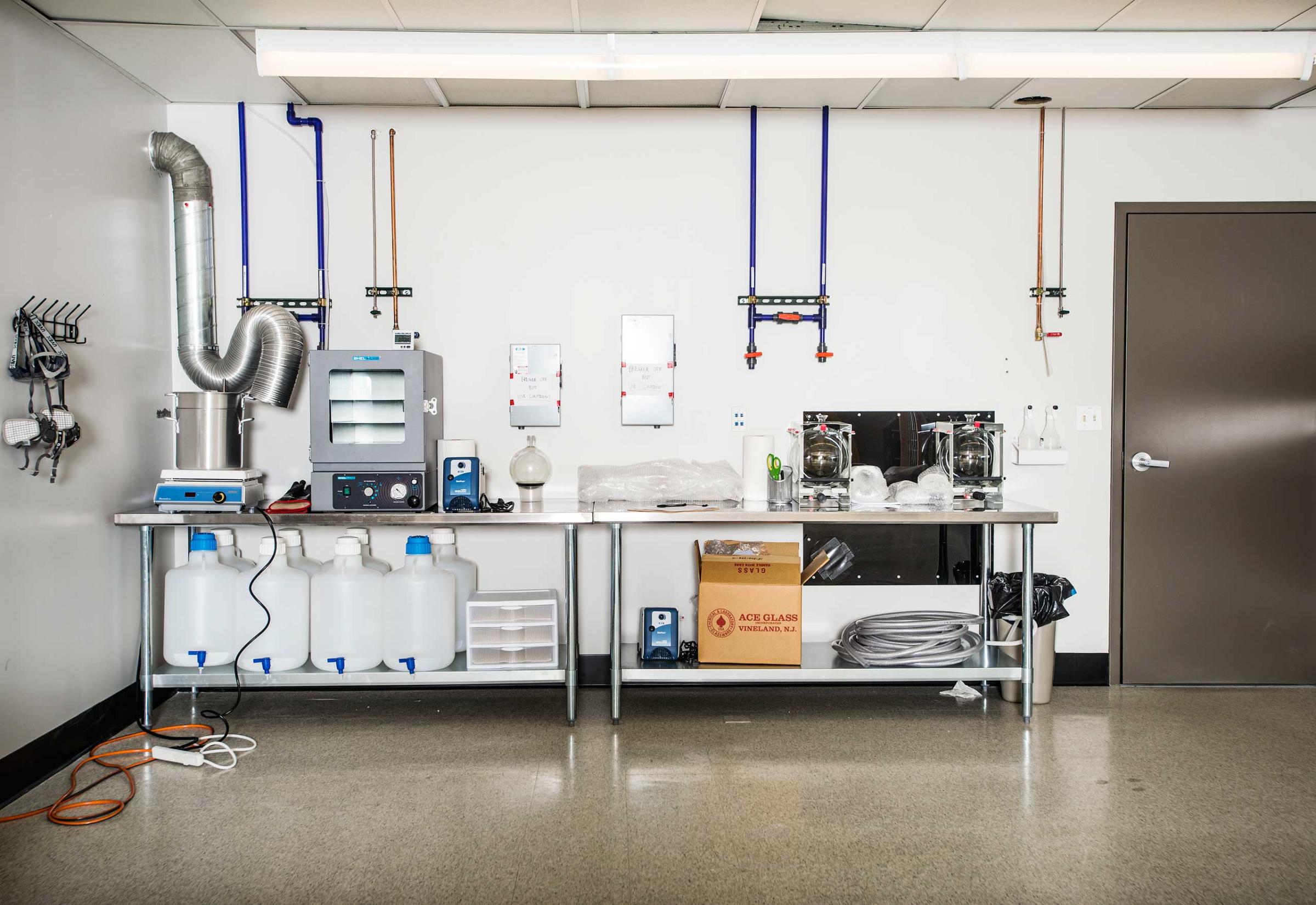

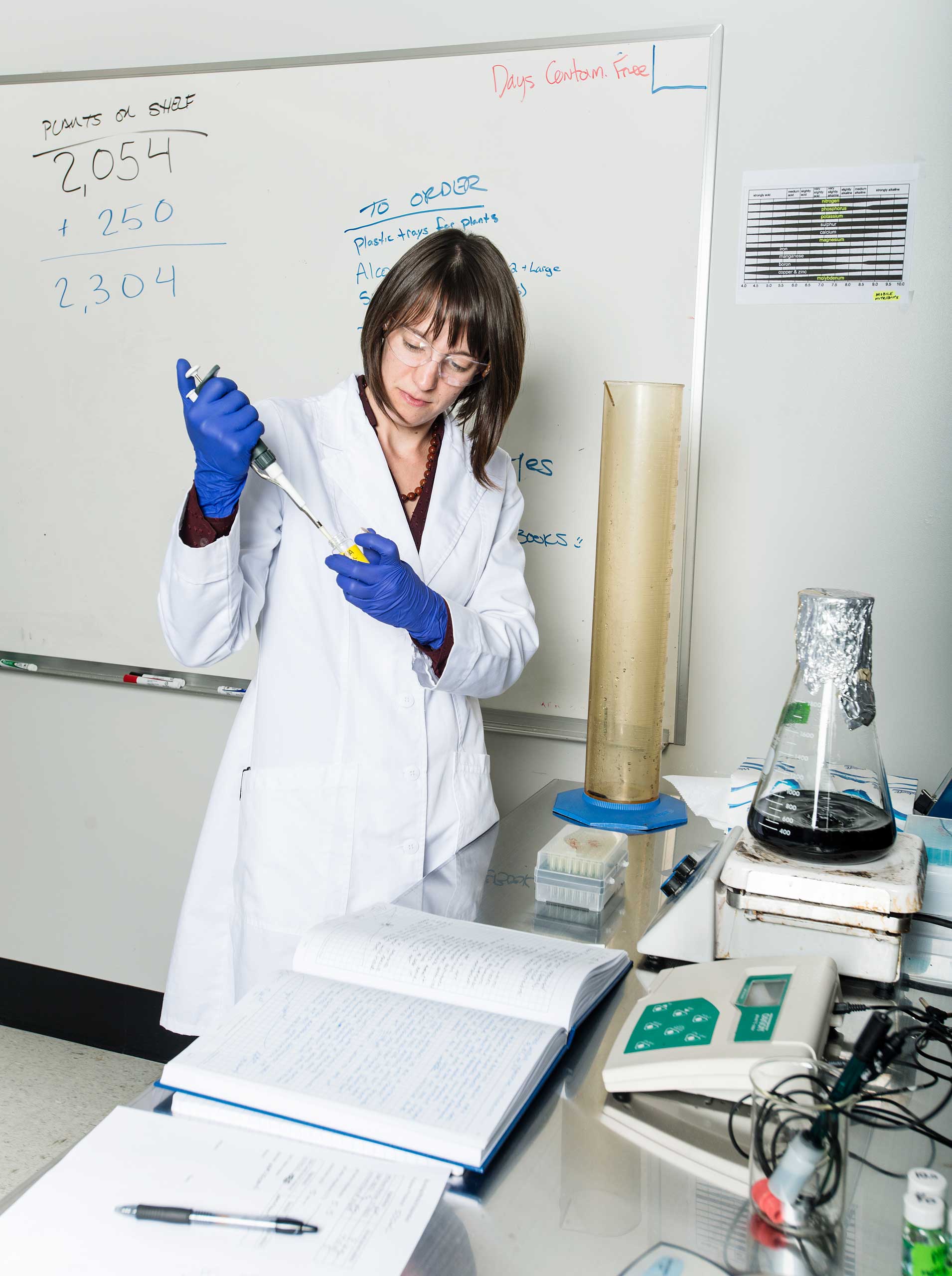

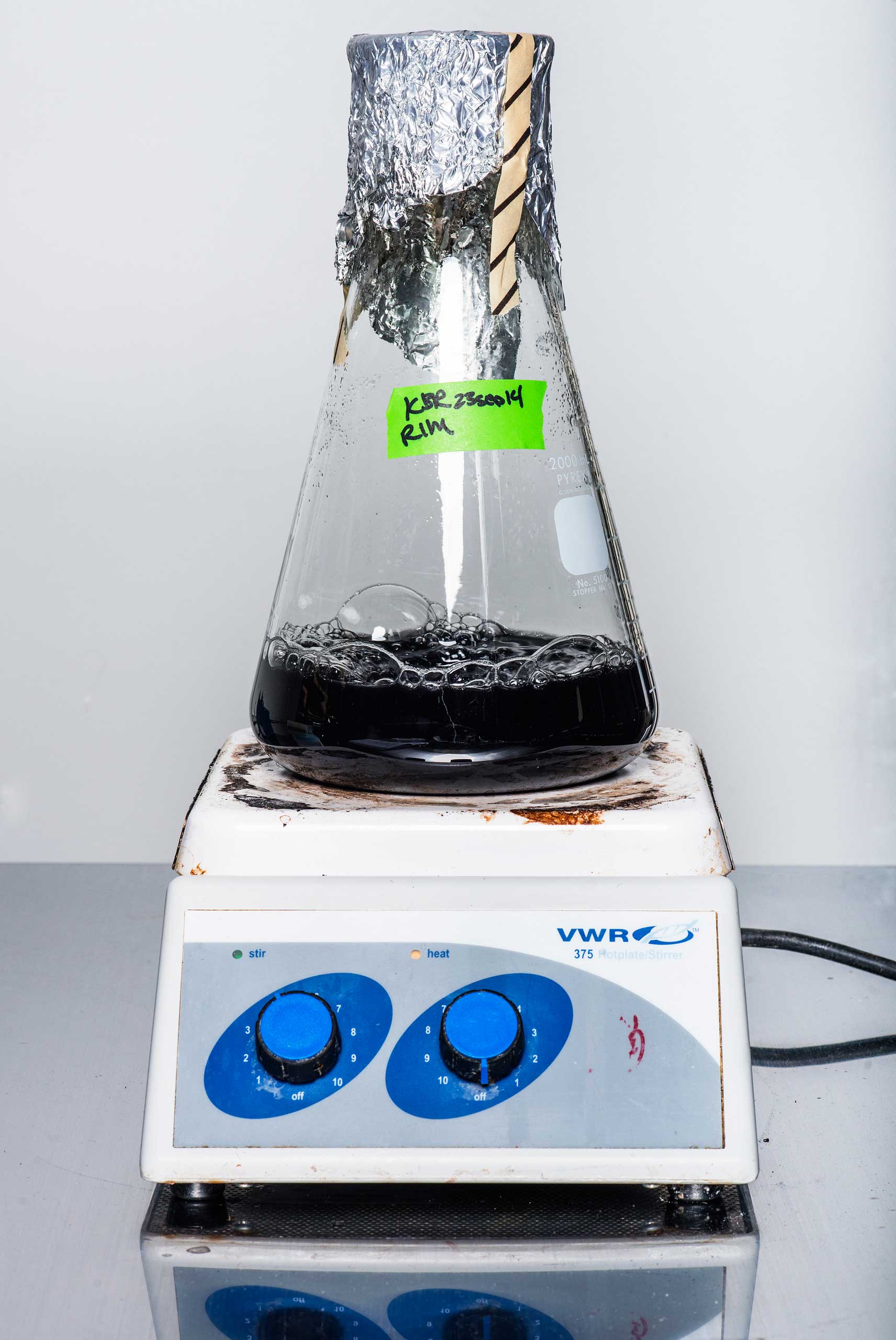
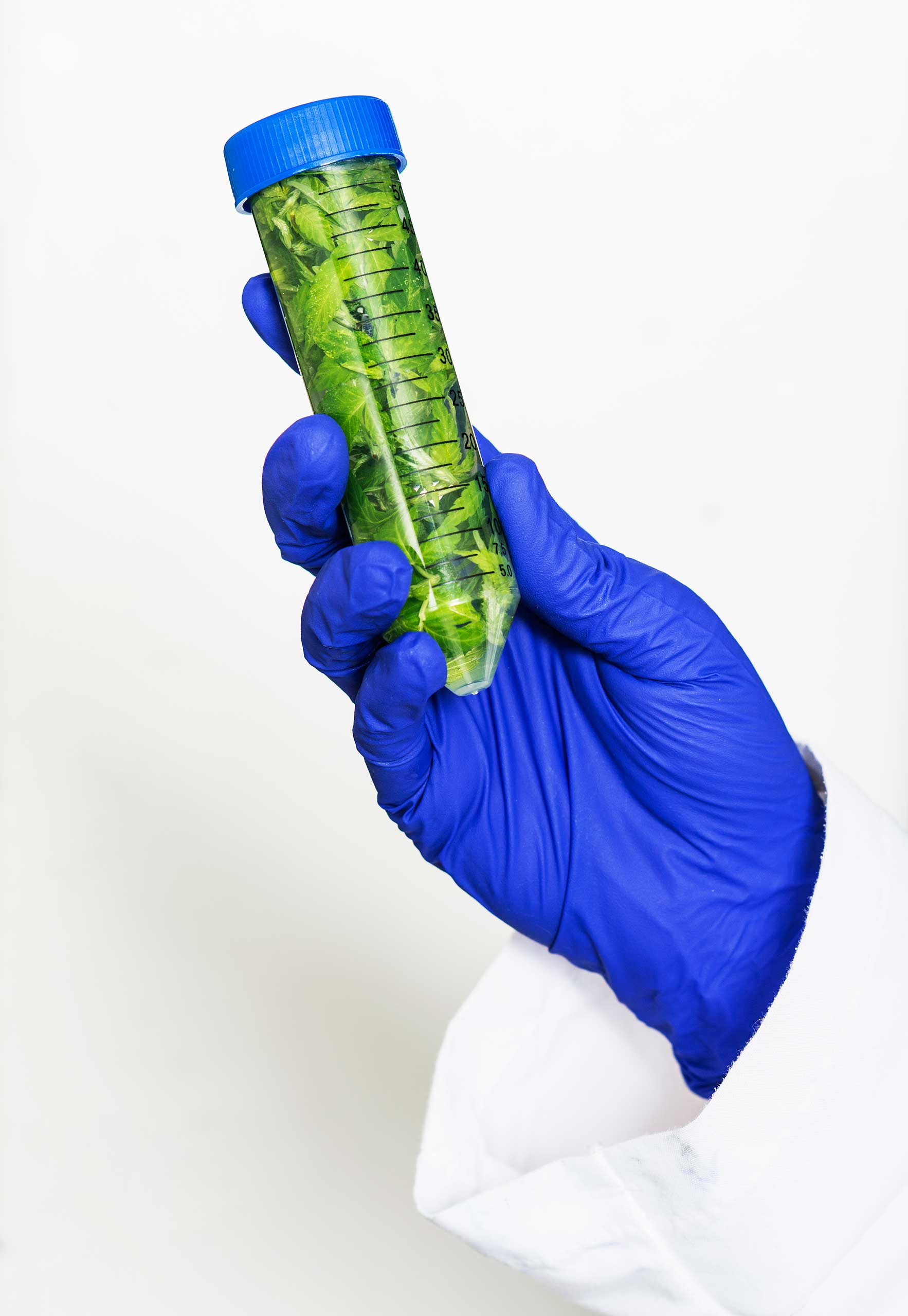
Today the scientific literature has advanced beyond such outlandish claims, though it is far from complete. Violent criminal behavior is not considered an expected result of marijuana use, and there are inconclusive findings on the permanent effects of marijuana use among adult users. Scientists have repeatedly found short-term memory effects lasting up to a week after heavy adult use. While marijuana has many of the same carcinogenic chemicals as tobacco, the lung cancer risk of the drug has not yet been conclusively identified.
For specific populations, however, marijuana use can have clear negative impacts, the Retail Marijuana Public Advisory Committee found in the review of scientific literature. The rate of motor vehicle crashes, for instance, doubled with recent use of marijuana. The committee also found that maternal use during pregnancy was associated with negative effects on exposed offspring, “including decreased academic ability, cognitive function and attention.” Some effects of the effects may not appear until adolescence.
Most of the committee’s warnings were focused on teens and young adults. Youth marijuana use is associated with higher future risk of using other drugs, including alcohol, tobacco, opioids, methamphetamine and cocaine. Use by teens is also associated with decreased school performance and memory impairments that last as long as 28 days after use. There is also a demonstrated correlation between early and heavy marijuana use and the development of psychotic symptoms and disorders like schizophrenia in adulthood among certain populations.
Adult use in Colorado is higher than the rest of the country, according to two surveys included in the report. In one survey, 3% of adults reported increased use of marijuana since retail legalization. The data on marijuana use rates among youth are contradictory—one 2013 survey found lower high school use than the national average, while another from 2012 and 2013 found higher middle school use than the rest of the country.
Medical marijuana has been allowed in Colorado since 2000, and recreational marijuana was legalized in 2014. The full 188-page report can be found here.
More Must-Reads from TIME
- Why Trump’s Message Worked on Latino Men
- What Trump’s Win Could Mean for Housing
- The 100 Must-Read Books of 2024
- Sleep Doctors Share the 1 Tip That’s Changed Their Lives
- Column: Let’s Bring Back Romance
- What It’s Like to Have Long COVID As a Kid
- FX’s Say Nothing Is the Must-Watch Political Thriller of 2024
- Merle Bombardieri Is Helping People Make the Baby Decision
Contact us at letters@time.com